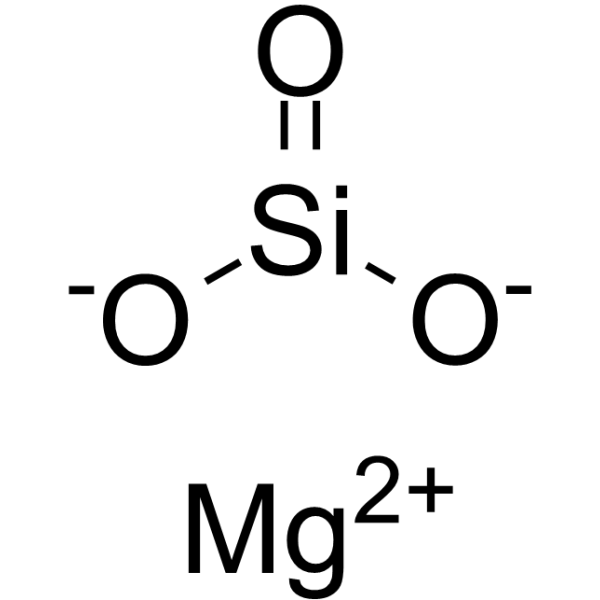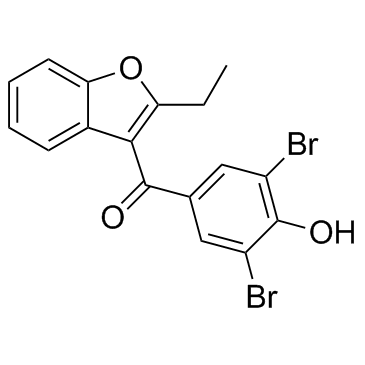| Structure | Name/CAS No. | Articles |
|---|---|---|
 |
Magnesium silicate
CAS:1343-88-0 |
|
 |
Benzbromarone
CAS:3562-84-3 |
|
 |
Triamterene
CAS:396-01-0 |